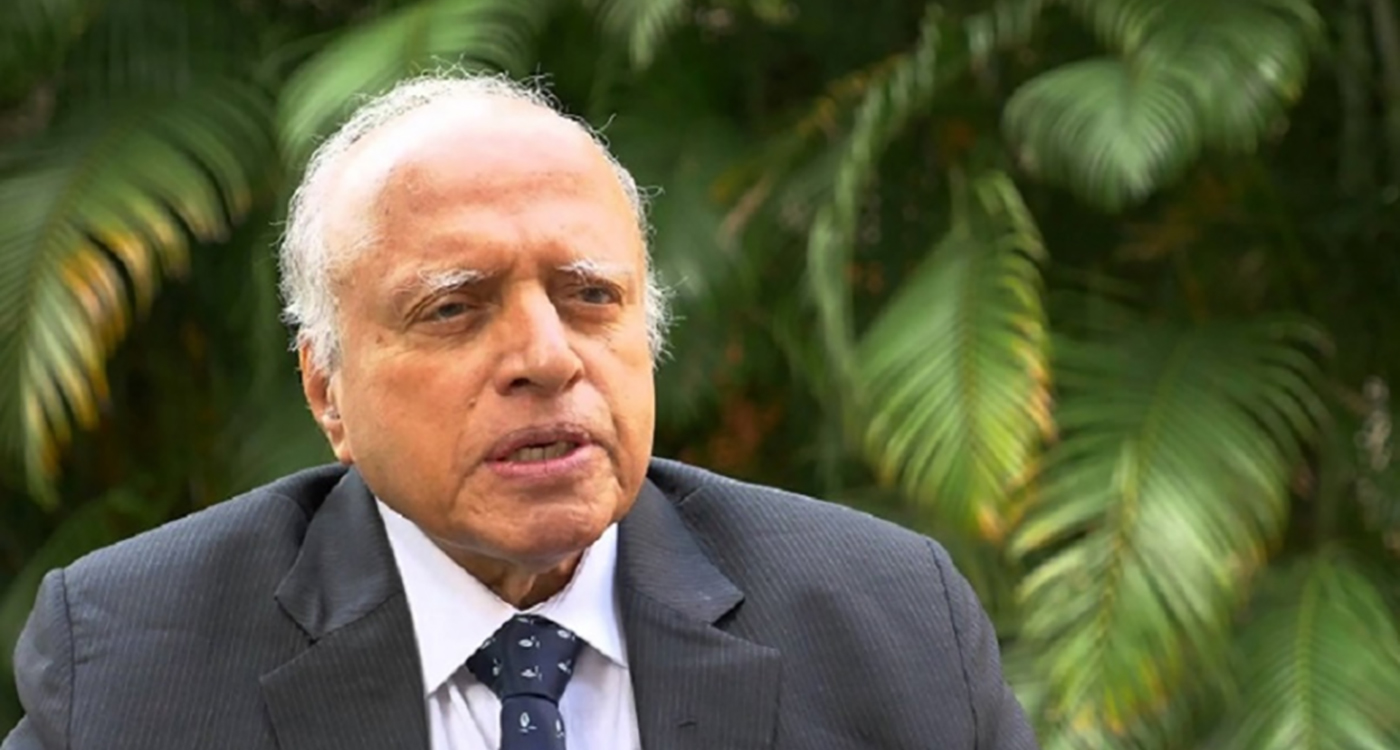Mankombu Sambasivan Swaminathan, widely regarded as MS Swaminathan, the main architect of India’s Green Revolution, died on Tuesday at his residence in Chennai. He was 98 years old and had been suffering from age-related ailments. He is survived by his three children, including Soumya Swaminathan, who is the chief scientist of the World Health Organization.
Swaminathan was a renowned geneticist and administrator who made a stellar contribution to India’s agricultural development and food security. He introduced high-yielding varieties of wheat and rice seeds to Indian farmers in the 1960s, which dramatically increased crop production and saved millions of lives from starvation. He also promoted sustainable farming practices, biodiversity conservation, and ecological economics.
Swaminathan was born on August 7, 1925 in Kumbakonam, Tamil Nadu. He graduated in zoology from Maharajas College in Trivandrum and then pursued agricultural science from Madras Agricultural College. He obtained his PhD in genetics from Cambridge University and did his postdoctoral research at the University of Wisconsin. He joined the Indian Agricultural Research Institute (IARI) in New Delhi in 1954 and rose to become its director in 1966.
Swaminathan collaborated with Nobel laureate Norman Borlaug, who developed semi-dwarf wheat varieties in Mexico. He brought these seeds to India and crossed them with local varieties to create new strains that were resistant to diseases and droughts.
He also established a network of research centers across the country to test and disseminate these seeds to farmers. His efforts led to a quantum leap in wheat production, from 12 million tonnes in 1965 to 20 million tonnes in 1970.
Swaminathan also replicated his success with wheat in rice cultivation. He became the director general of the International Rice Research Institute (IRRI) in the Philippines in 1982 and developed new rice varieties that could withstand salinity, flooding, and pests. He also initiated the International Rice Genome Sequencing Project, which mapped the entire rice genome.
Prime Minister Narendra Modi expressed his deep sadness on Swaminathan’s death. “At a very critical period in our nation’s history, his groundbreaking work in agriculture transformed the lives of millions and ensured food security for our nation,” he wrote on X, formerly known as Twitter.
Congress General Secretary KC Venugopal also wrote that Swaminathan’s contribution to Indian agriculture transformed the lives of millions of people. “We are committed to take his vision forward every opportunity we get,” he said.
Swaminathan was not only a scientist but also a visionary leader and a humanitarian. He founded the M.S. Swaminathan Research Foundation (MSSRF) in 1988 to promote rural development, women empowerment, and social justice. He also chaired the National Commission on Farmers in 2004, which recommended far-reaching reforms to improve the livelihoods of farmers.
For his contributions, he received several national and international awards, including the Padma Shri, Padma Bhushan, Padma Vibhushan, Ramon Magsaysay Award, World Food Prize, Albert Einstein World Science Award, and Indira Gandhi Prize in 2012. He was also nominated by Time magazine as one of the 20 most influential Asians of the 20th century.
MS Swaminathan’s legacy will continue to inspire generations of scientists and farmers to work for a hunger-free and sustainable world.









